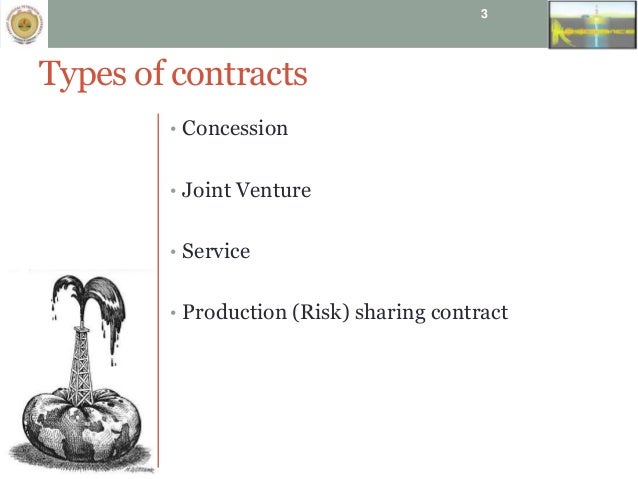Assume that A lives in New York, and B lives in California. A tells B that he will give her a job if she moves to New York. Foreseeable Reliance. Detrimental Reliance.

The doctrine of promissory estoppel is an alternative to the doctrine of consideration. In most cases, one party was harmed or served injustice because of the broken promise that they relied on. What is the doctrine of promissory estoppel?
Can a McKendrick have promissory estoppel? In some instances, it can stop a person going back on a promise , which is not supported by consideration. Major, that testamentary proprietary estoppel has survived Yeoman’s Row, as has the established body of law in relation to proprietary estoppel more generally. However, the decision in Yeoman’s Row remains important where the relationship between the parties is commercial and the person raising the estoppel is an experienced businessman. In our jurisdiction the promissory estoppel enforces a promise in the absence of consideration.

A promissory note is a relatively informal, but still legally binding, loan commitment. Simplicity and flexibility are two primary advantages of using a promissory note in lieu of a loan. Promissory Estoppel. Need help choosing my 3rd A-Level!
Therefore, it shows that consideration is redundant since the doctrine of promissory estoppel can be applied even in cases whereby consideration is absent. However, an important point to note is that this doctrine can only be used “as a shield and not as a sword”, which means that it can only be raised as a defence against the plaintiff’s claim and should not be used to commence a legal. The idea of promissory estoppel is that the promisor is barred from arguing that the underlying promise at the heart of the case should not be legally upheld.
CONSIDERATION, PRACTICAL BENEFITS AND PROMISSORY ESTOPPEL : ENFORCEMENT OF CONTRACT MODIFICATION PROMISES IN LIGHT OF WILLIAMS v. INTRODUCTION In Williams v. It is a critical tool that courts can use to avoid injustice when the general contract law rules would cause unfair. Like all equitable remedies, it is discretionary, in contrast to the common law absolute right like right to damages for breach of contract. The doctrine has been variously called ‘promissory estoppel’, ‘equitable estoppel’, ‘quasi estoppel’ and ‘new estoppel’. The principle of estoppel however may allow a promise to be enforced even though these requirements are not satisfied.
It argues that if qualitative factors relating to the weakness of a claim are accounted for in the data the win rates are significant. Secon it argues that if such qualitative fac-tors are recognize promissory estoppel can be rational-ized in efficiency terms. In the Privy Council, the issue was as to how the principles of proprietary estoppel should apply in this case. The question was whether Calixtus had acted to his detriment.
The Board said that the process of deciding whether there had been sufficient detriment was to weigh up the advantages and disadvantages suffered by Calixtus in reliance on Mama’s promises. Estoppel is a legal principle that keeps people and businesses from, essentially, going back on their word or promise. Unlike the other forms of estoppel (see Practice Note: Estoppel —what, when and how to plead) which cannot ordinarily found a cause of action, proprietary estoppel can.
If a promise is made to a party and they act upon that promise to their detriment they can make a claim promissory estoppel. Under the relevant state law, to support a claim for promissory estoppel , the plaintiff must prove (1) that the promise was clear and definite, (2) that the promisor intended to induce reliance on the part of the promisee and such reliance occurred on the part of the promisee and (3) that the promise must be enforced to prevent injustice. Equitable estoppel is a defense against a claim of one party.
In equitable estoppel the party claiming estoppel is basing its defense on assertions of present or past facts.
No comments:
Post a Comment
Note: only a member of this blog may post a comment.